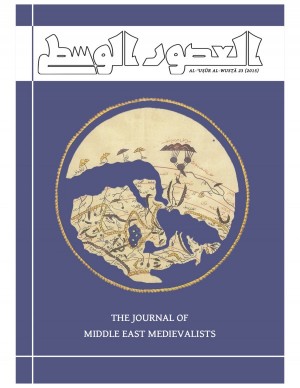Abstract
Amina Elbendary’s book is an attempt to reconsider the social implications of the economic crises and political transformations of the ffteenth century while taking into account the point of view of common people, especially the urban non-elite. This “non-elite” is defned as craftsmen, artisans, and tradesmen, as well as minor clerks and employees of the ruling and educational institutions of Egyptian and Syrian cities. All these members of society were traditionally marginalized in contemporary sources, but their increasing presence in the narratives of the late Mamluk period is interpreted by Elbendary as the result of social transformations. Popular protests thus ofer a unique window to observe non-elite participation in politics.

This work is licensed under a Creative Commons Attribution-NonCommercial-NoDerivatives 4.0 International License.
Copyright (c) 2016 Anne Troadec

